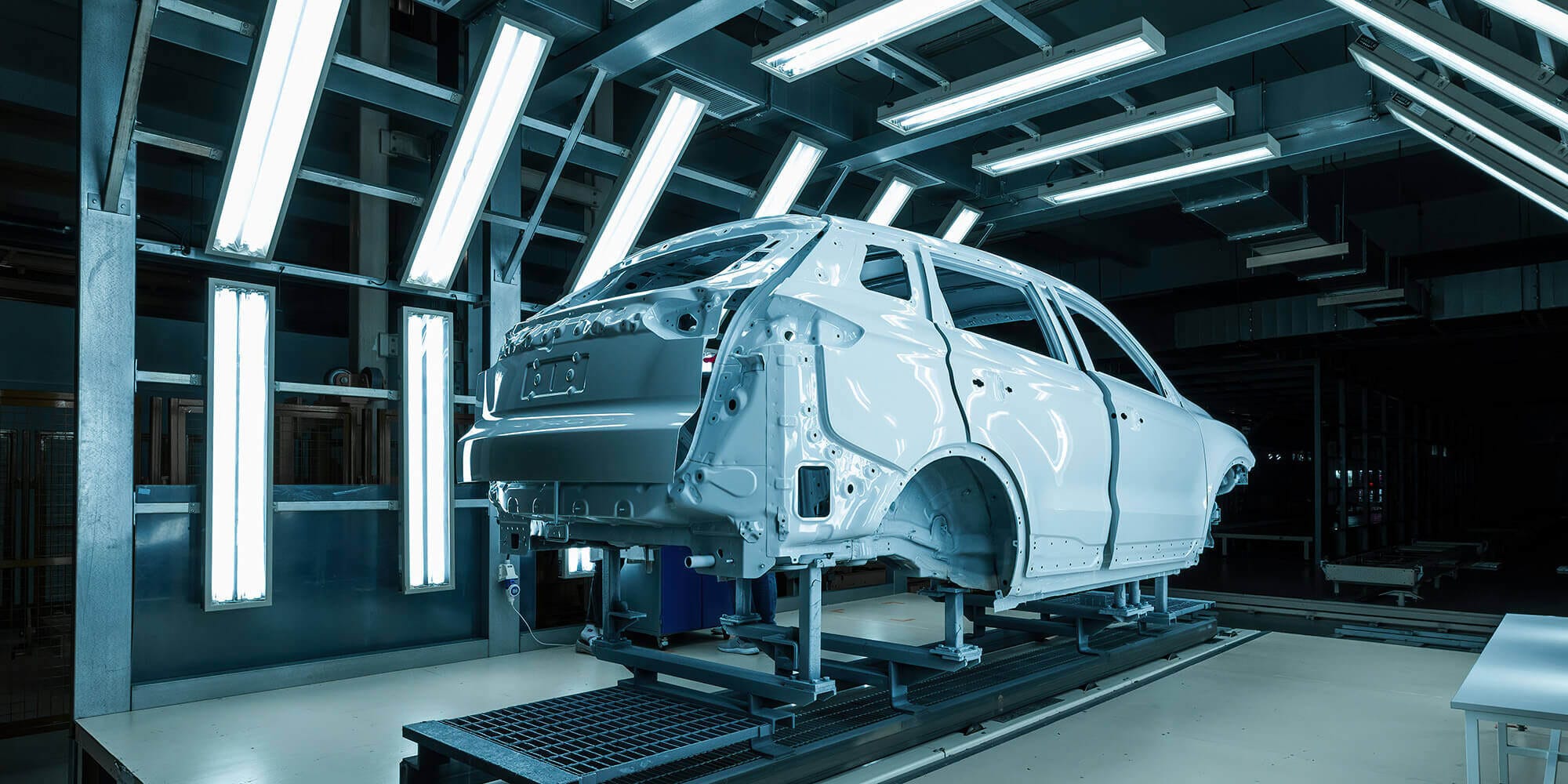The UK automotive industry is undergoing a dramatic shift toward sustainability. Driven by environmental pressures and technological progress, manufacturers and repairers alike are embracing greener practices. From eco-friendly materials to advanced repair software, innovation is at the heart of this transformation. Here’s how the industry is moving towards a more responsible, low-carbon future.
The shift to renewable energy in car production
UK car manufacturers are increasingly powering their operations with renewable energy sources such as wind, solar, and hydropower.
This trend is helping reduce the carbon footprint of vehicle production, aligning with global net-zero targets. Whether it’s solar arrays on factory rooftops or purchasing green energy from the grid, these moves are cutting emissions and showcasing the industry’s commitment to sustainability.
Greener materials in modern cars
Today’s cars are being built with more than just steel and plastic.
Automakers are introducing eco-friendly options like bio-based fibres, recycled plastics, and lightweight composites – resins combined with natural fibres – for car interiors and trim.
These materials reduce dependency on petroleum-based products and improve recyclability at the end of a vehicle’s life, helping create a circular economy within the industry.
Lighter car builds, lower emissions
Reducing vehicle weight is a powerful way to lower fuel consumption and emissions. Innovations in lightweight chassis and structural components are helping manufacturers meet increasingly stringent emissions targets without compromising safety.
Project M-LightEn, in particular, will use cutting edge AI-driven design to reduce vehicle weight by 25% and halve carbon emissions within three years. The project uses 80% recycled high-strength aluminum and near-zero-waste composites – a significant step toward greener transport.
Eco-friendly fixes: Repair cars with less waste
The drive toward sustainability doesn’t stop at the factory floor. The vehicle repair sector is also adopting greener methods, including the use of recycled parts and repair techniques that generate less waste.
Environmentally conscious consumers can promote sustainable repair practices by using tools like the Eco Repair Score. This score rates the environmental impact of vehicle repairs, taking into account key categories such as climate change and emissions.
Auto repair processes are also being transformed by digital innovations that enhance efficiency, accuracy, and sustainability. Platforms such as auto repair software can manage repair orders and diagnostics. With features such as interfacing with vehicle systems to identify issues, this software improves workflow, leading to lower energy use. Also, automated inventory tracking promotes more efficient usage of vehicle parts.
Green automotive tech gets a financial boost
Government and industry investment is key to the sector’s green transition.
In the UK, over £92 million has been allocated to projects focused on low-carbon innovation in automobile production, from battery development to clean propulsion systems. These funds, from both government and industry bring sustainable technology from research labs to production lines.
Industry partnerships powering net-zero innovation
Large-scale change requires collaboration. Organisations like the Advanced Propulsion Centre (APC) are uniting manufacturers, researchers, and policymakers to accelerate the rollout of net-zero emission vehicles.
With a £1 billion fund under its belt, the APC plays a pivotal role in advancing innovative green automotive technology across the UK. Its investments in low-carbon technologies help companies develop cleaner, more efficient vehicle propulsion systems.
Shifting gears to sustainability
From production lines to repair shops, the UK’s automotive sector is embracing sustainability at every level. As investment and innovation continue, the industry is both adapting to climate demands and leading the charge towards a greener, more responsible future.




